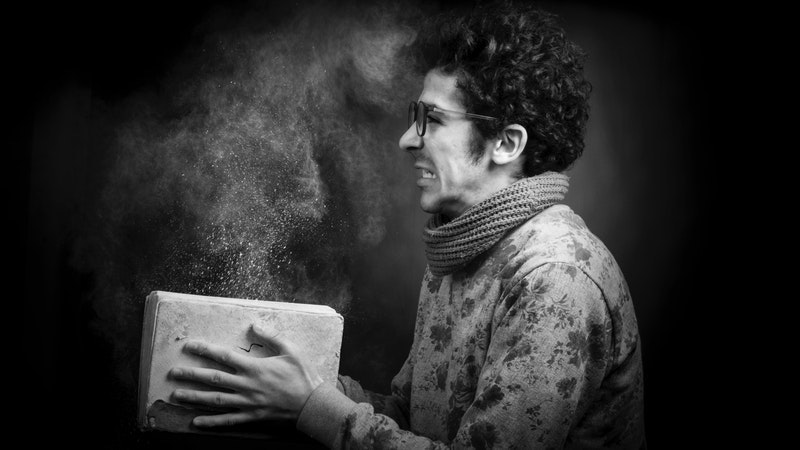Horrible Homophones
Episode #2 of the course Ten editing techniques to perfect your fiction writing by K.C. Finn
Most writers are readers who have developed a love of storytelling, and not many of them have a technical background in English linguistics. Sometimes we build up a great vocabulary by hearing words rather than studying them, which can lead to problems when we encounter homophones—words with the same sound, but different spelling and meaning. In this lesson, I’ll take you through the top five homophone mix-ups found in fiction. But first, let’s do a homophone check.
The Homophone Check
You can use this three-step process to ensure there are no errors in your work:
1. Use your word processor’s “Find” function to look up the homophone you’re investigating. In recent editions of Microsoft Word, this is the Search Document function on the navigation page, but the old-fashioned Ctrl+F keyboard shortcut works just as well.
Pro tip: Be sure to search for BOTH spellings of the homophone when you do your edits!
2. Check your word usage compared to BOTH definitions for the homophone. Which one do you mean? Are you using this word as a verb, noun, adjective, conjunction, short form, or pronoun? Does your grammar checker have any underlines or alerts that might suggest incorrect usage?
3. Change to the other spelling if you find a mistake, then move on to the next example in your search.
Five Common Homophones to Watch Out For
Here are the most common homophones found in a fiction:
Bear and Bare. While bear is an animal noun, it’s also a verb that means to support or hold: I can’t bear this editing!
Bare is an adjective, used to describe a lack of clothes or coverings: The dining table was bare.
Affect and Effect. Affect is a verb. It is used to show influence over something else: The drug affected me very badly.
Effect is a noun and is often more commonly used as such: The drug had terrible effects.
Your and You’re. Your is a possessive pronoun that shows that something belongs to you: This is your editing lesson.
You’re is the short form of “You are.” If in doubt, split the words up and see if your sentence still makes sense: You’re in trouble if you don’t get this one right!
Than and Then. Than is a conjunction used to compare things: Writing is easier than editing.
Then is also a conjunction, but it’s for showing that time has passed between activities: I wrote the book, then I edited it.
Its and It’s. Many people think that “Its” is wrong without an apostrophe, but it’s a real word! Its is the possessive pronoun for objects and works in the same was as his and hers: The dog lost its collar.
It’s, the more commonly used form, is the short form for “It is.” Like “You’re” in the above example, it’s better to split “It’s” up into the two separate words and see if your sentence still makes sense: It’s my book.
Tomorrow, we’ll be reversing an old myth from your school days about using a wide variety of speech tags to describe dialogue. You don’t need them—at all. Discover how to remove speech tags and improve the excitement, drama, and quality of your writing, all at the same time.
See you tomorrow!
K.C.
Recommended reading
For more homophones to check in your work, try Scholastic’s education page identifying the Top 20 Homophones.
Recommended book
Share with friends

